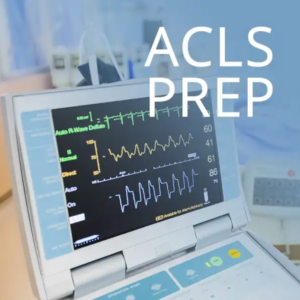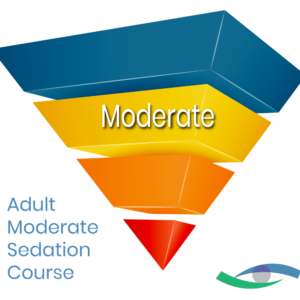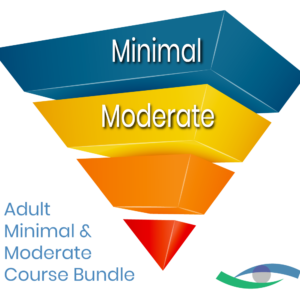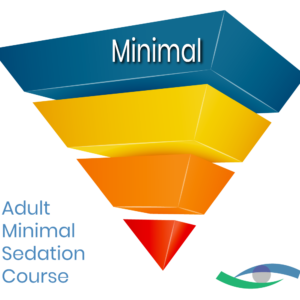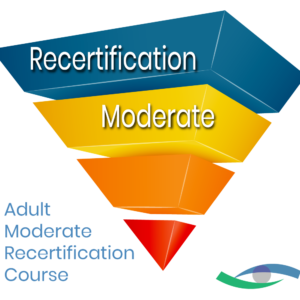0 of 10 Questions completed
Questions:
You have already completed the test before. Hence you can not start it again.
You must sign in or sign up to start the test.
You must first complete the following:
Test complete. Results are being recorded.
0 of 10 Questions answered correctly
Your time:
Time has elapsed
You have reached 0 of 0 point(s), (0)
Earned Point(s): 0 of 0, (0)
0 Essay(s) Pending (Possible Point(s): 0)
-
Current
-
Review
-
Answered
-
Correct
-
Incorrect
-
Question 1 of 10
-
Question 2 of 10
-
Question 3 of 10
-
Question 4 of 10
-
Question 5 of 10
-
Question 6 of 10
-
Question 7 of 10
-
Question 8 of 10
-
Question 9 of 10
-
Question 10 of 10

